Trending Now
We have updated our Privacy Policy and Terms of Use for Eurasia Group and its affiliates, including GZERO Media, to clarify the types of data we collect, how we collect it, how we use data and with whom we share data. By using our website you consent to our Terms and Conditions and Privacy Policy, including the transfer of your personal data to the United States from your country of residence, and our use of cookies described in our Cookie Policy.
{{ subpage.title }}
Watch our live event: global health beyond the pandemic
Could the biggest health crisis of our lifetimes actually lead to a healthier world? Watch the second part of our live event series about what public health will look like after the COVID-19 pandemic, presented in partnership with Flagship Pioneering, the bio-platform company that founded Moderna and dozens of other life sciences firms.
Days before world leaders G7 meeting, we will bring political leaders and policy makers together with health experts and scientists to discuss lessons learned from and the latest innovations to preempt both COVID-19 variants and future infectious disease pandemics.
Attendance is free and open to the public. Please register to attend.
The virtual event will be hosted by Noubar Afeyan, founder & CEO of Flagship Pioneering, and Ian Bremmer, president and founder of Eurasia Group and GZERO Media.
Tuesday, June 8, 2021 | 11 AM - 12:30 PM ET (recording available)
- Beyond the Pandemic: A Radical New Approach to Health Security: As the world emerges from the COVID-19 pandemic, what are the lessons learned and how can we use them to not only prepare for, but also preempt the next pandemic? On day one, speakers will discuss new and powerful ways to combat the wide range of threats to our health, including preventing variants and future infectious disease pandemics, and tackling 'slow-burn' pandemics such as obesity and chronic disease. CNBC's Meg Tirrell will moderate the conversation.
Wednesday, June 9, 2021 | 11 AM - 12:30 PM ET
- Stronger Partnerships for a Healthier World: Mutually Assured Protection: On day two, we'll focus on the need for greater collaboration between governments, international institutions, and the private sector in order to get beyond sick care and create a world where we secure and protect people's health by postponing if not preventing disease, and by promoting good health and wellbeing. Bloomberg TV anchor Shery Ahn will moderate the conversation.
Speakers include:
Kyriakos Mitsotakis
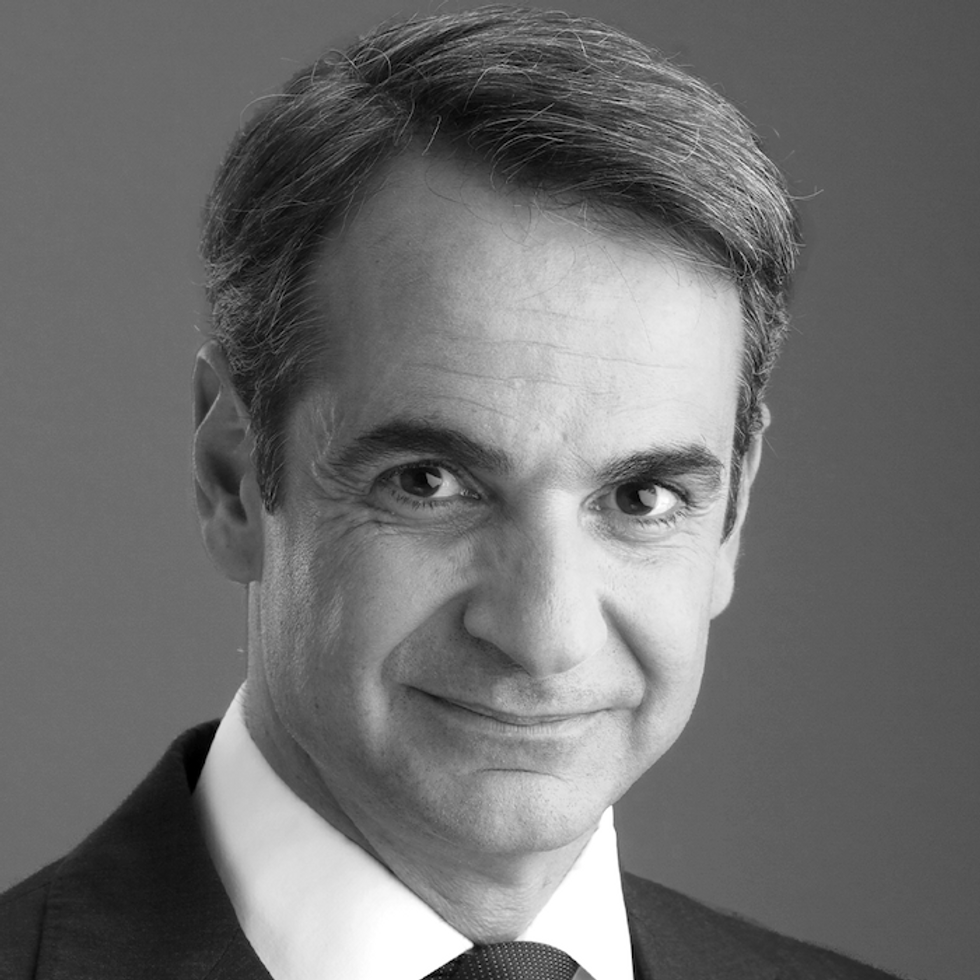
Prime Minister of Greece
Kristalina Georgieva
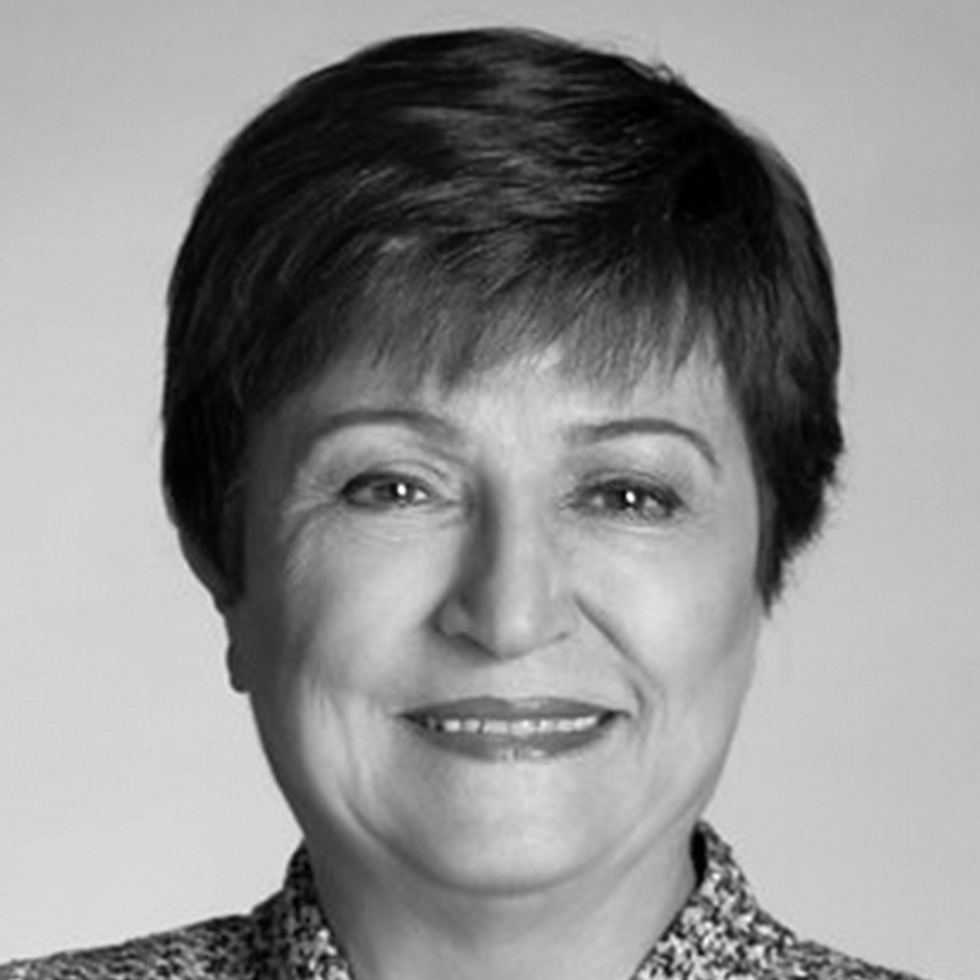
Managing Director, International Monetary Fund
Stéphane Bancel
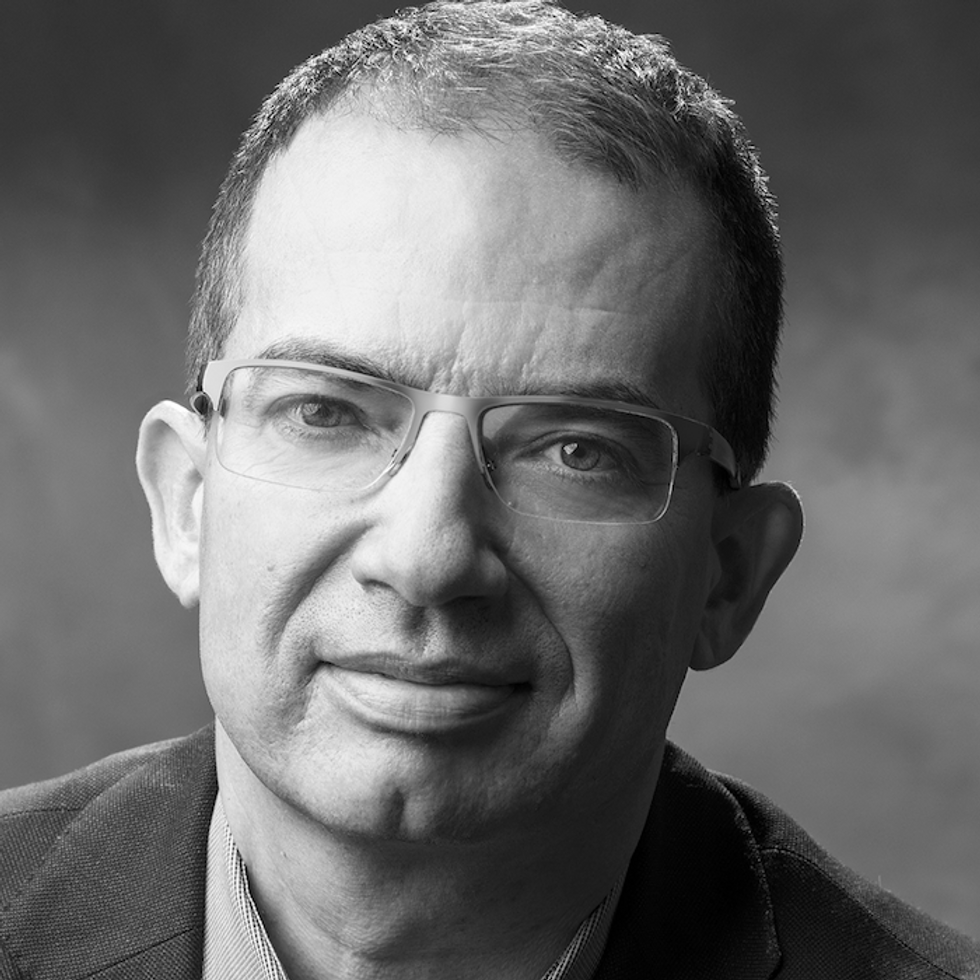
CEO, Moderna Therapeutics
Agnes Binagwaho
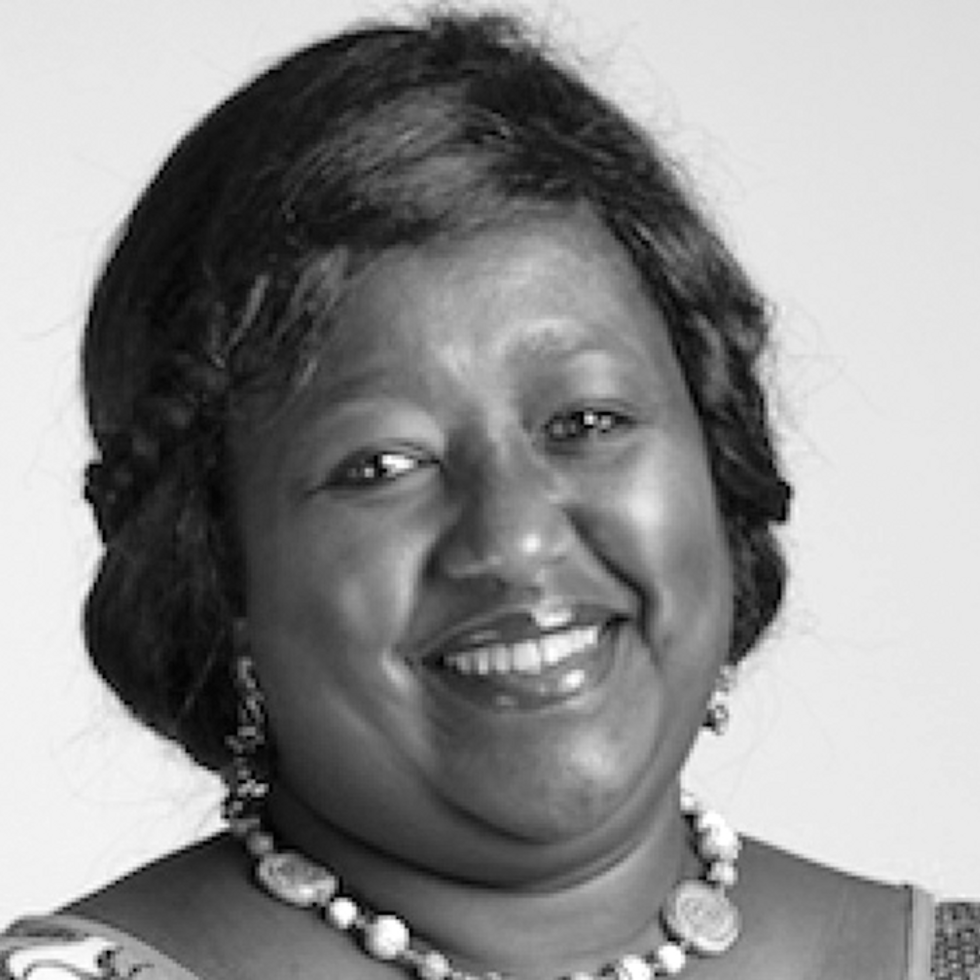
Vice Chancellor, University of Global Health Equity
Geoff Martha
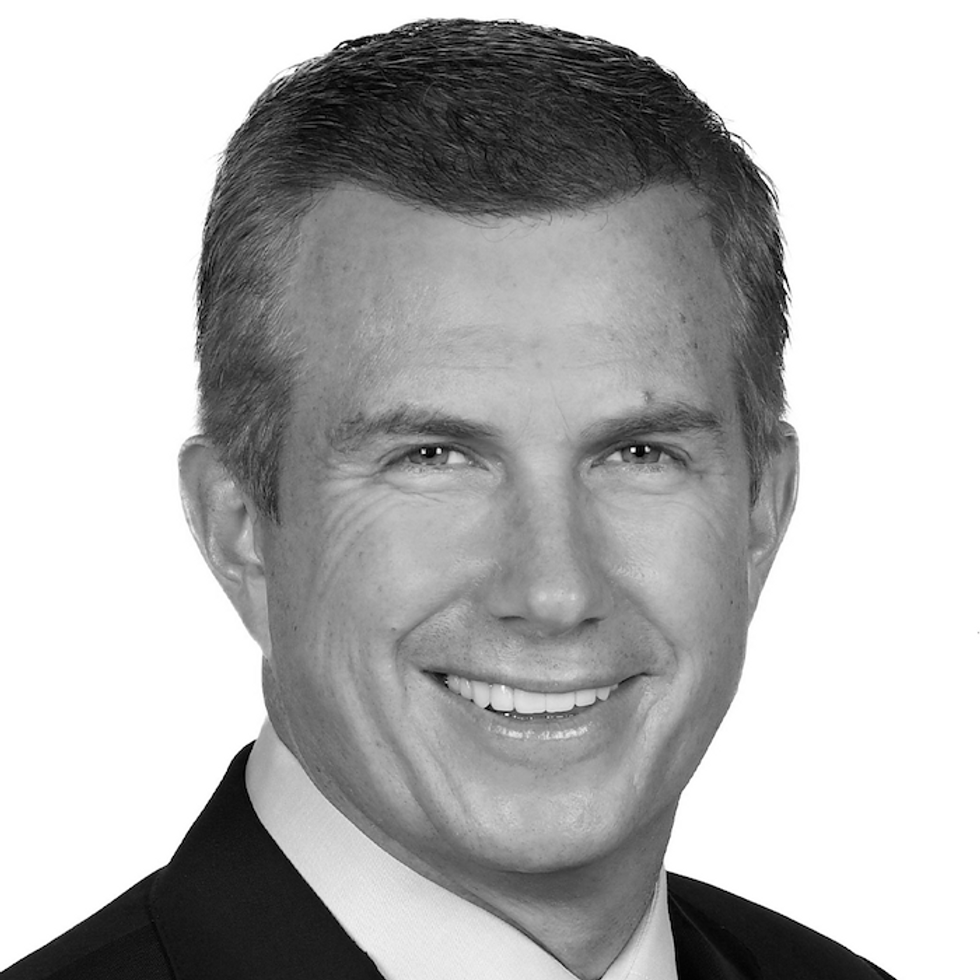
Chairman & CEO, Medtronic
Nancy Roman
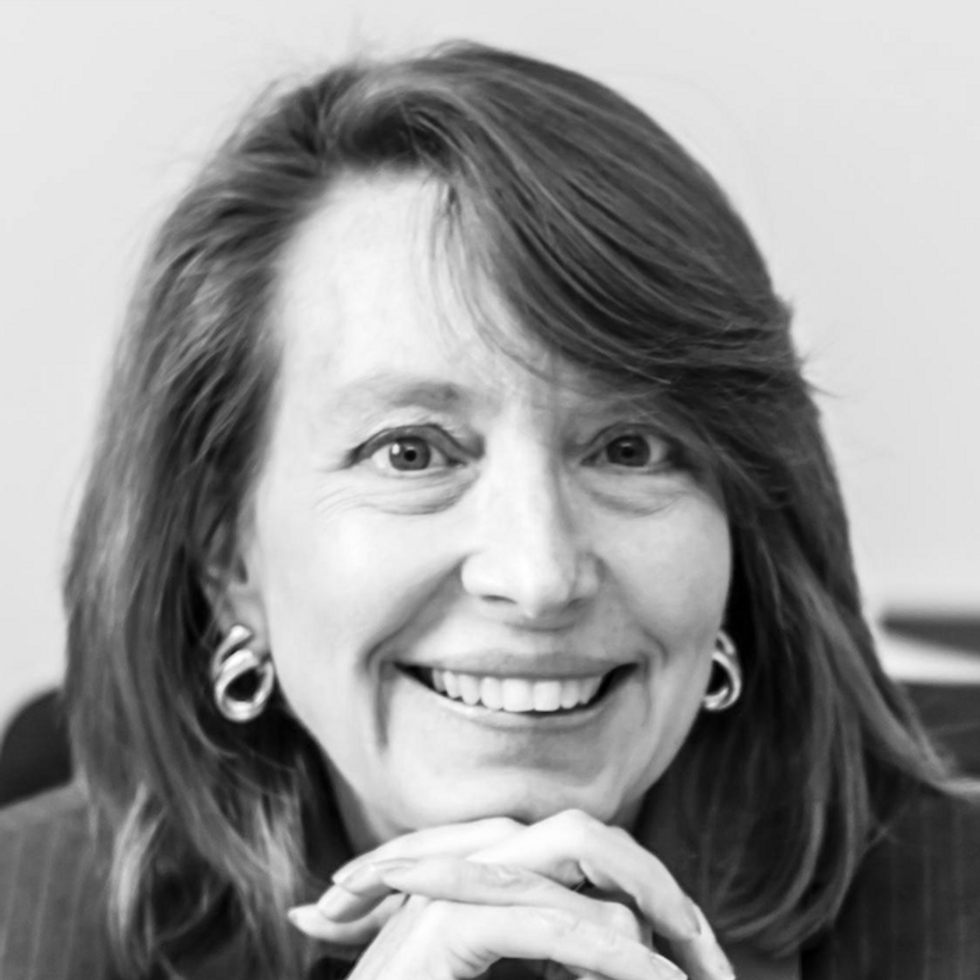
President and CEO, Partnership for a Healthier America
Paul Farmer
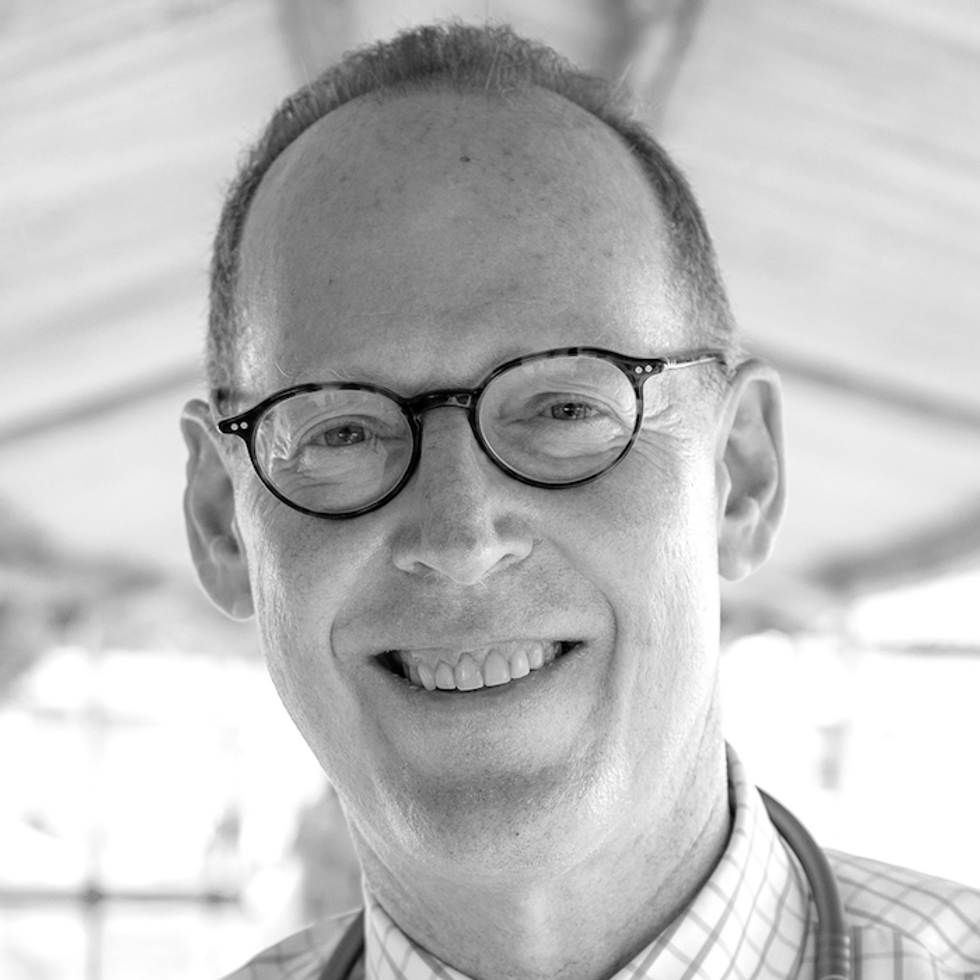
Professor, Harvard Medical School; Co-founder, Partners In Health
Gargee Ghosh
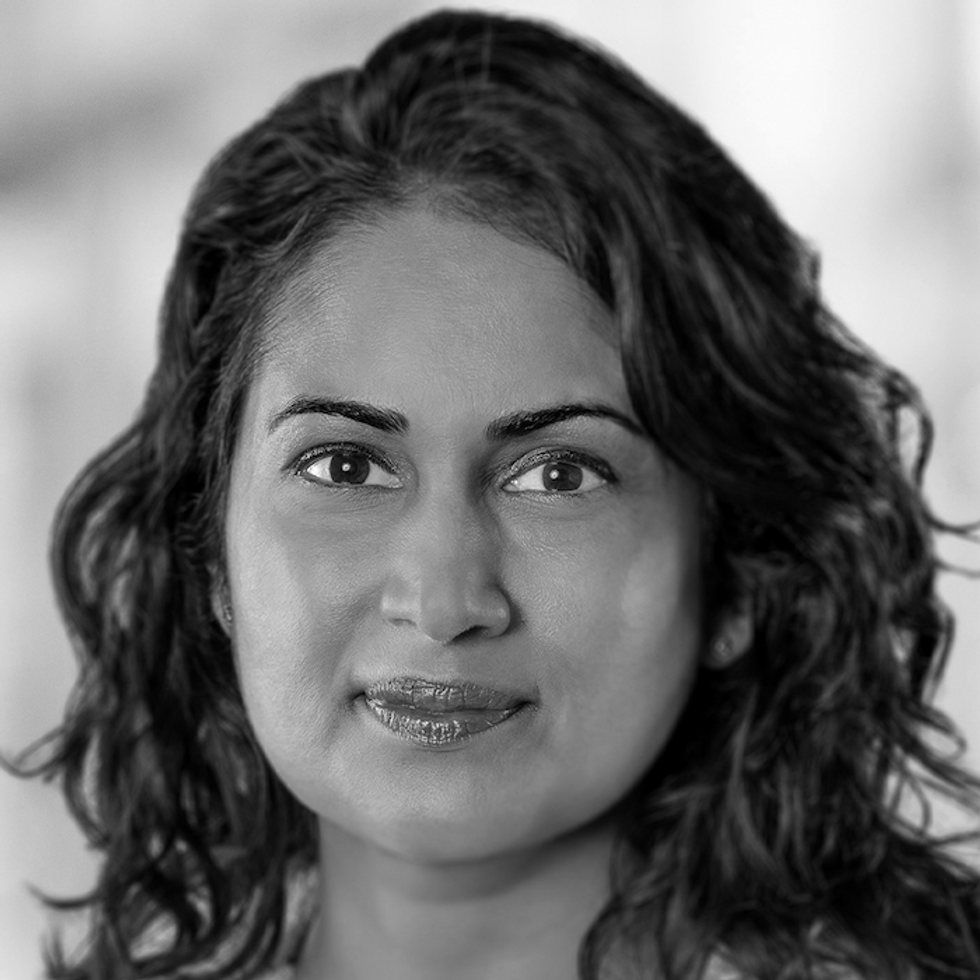
President, Global Policy & Advocacy, Gates Foundation
Amitabh Chandra
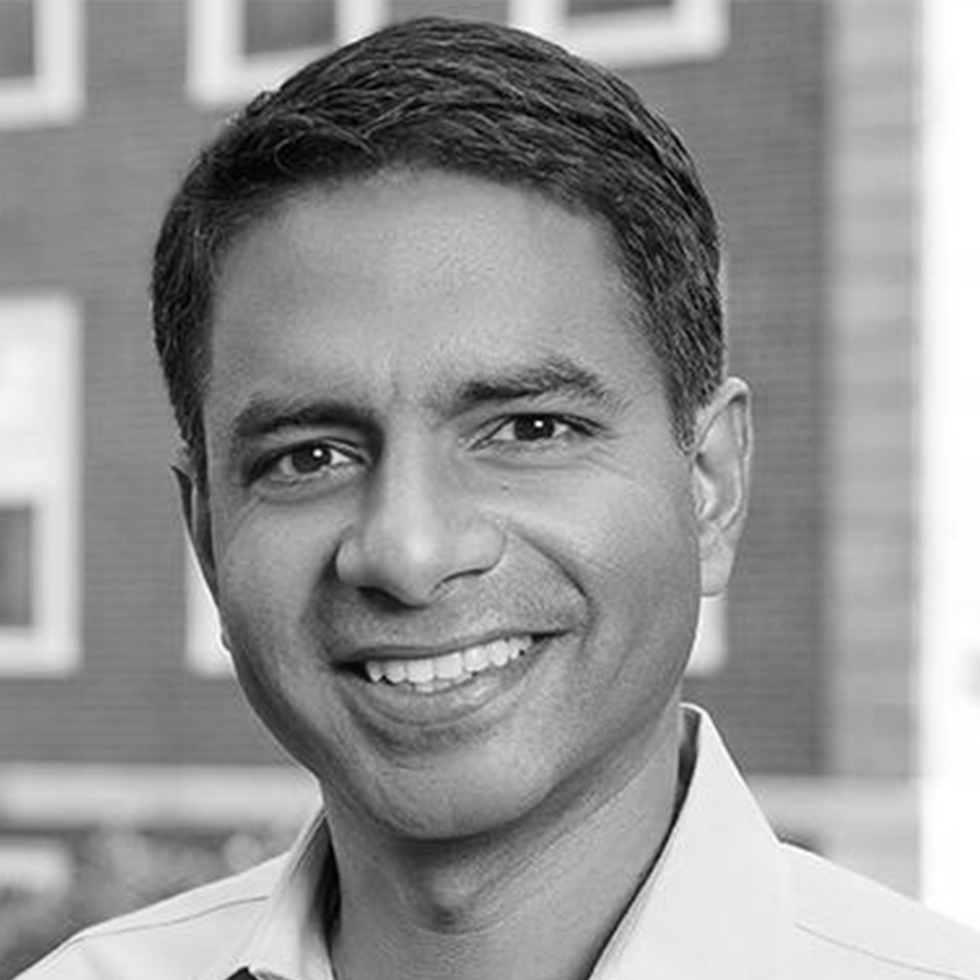
Professor, Director of Health Policy Research, Harvard Kennedy School
Sally Davies
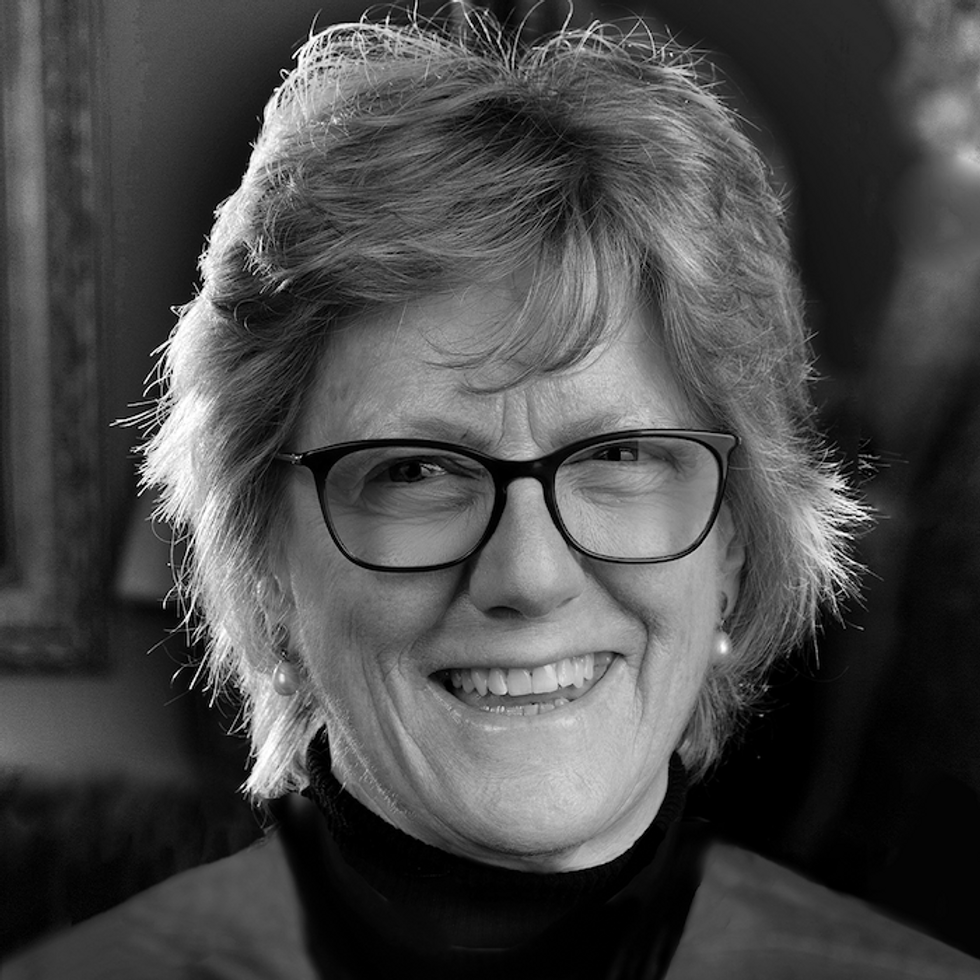
GCB DBE, Master of Trinity College
Laurie Garrett
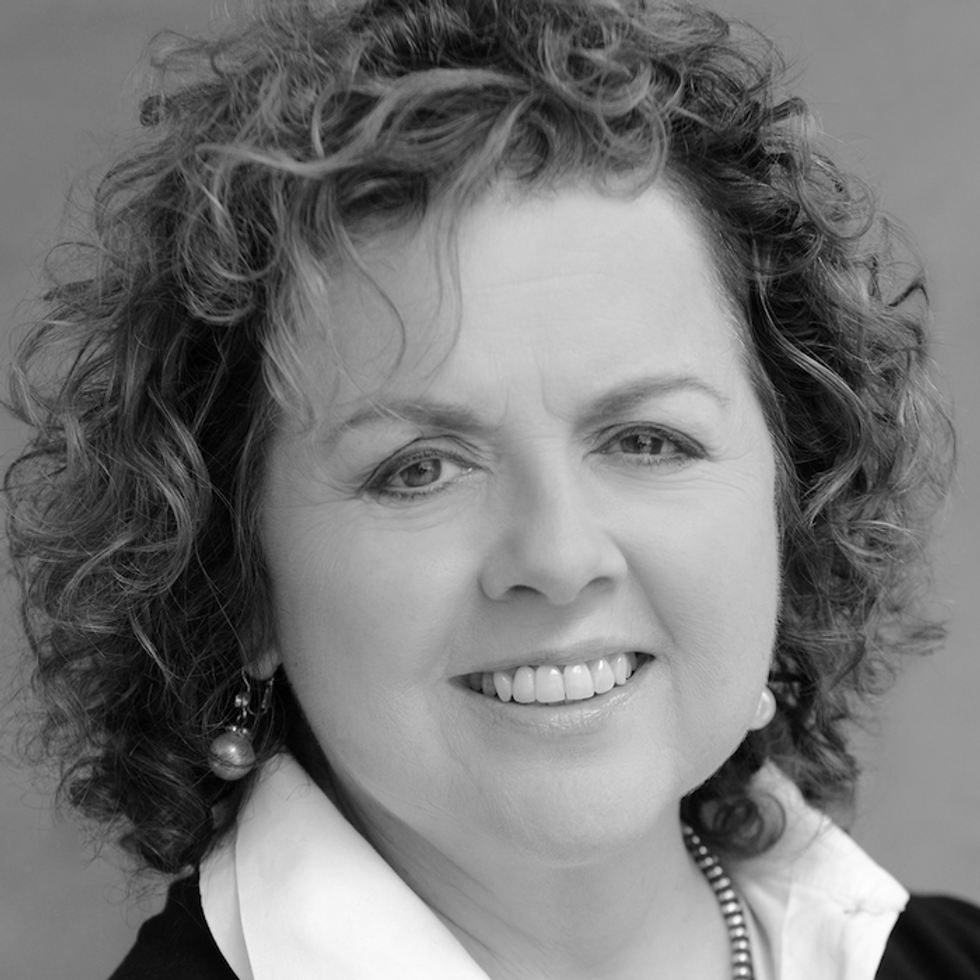
Pulitzer Prize-winning journalist
Jeh Johnson
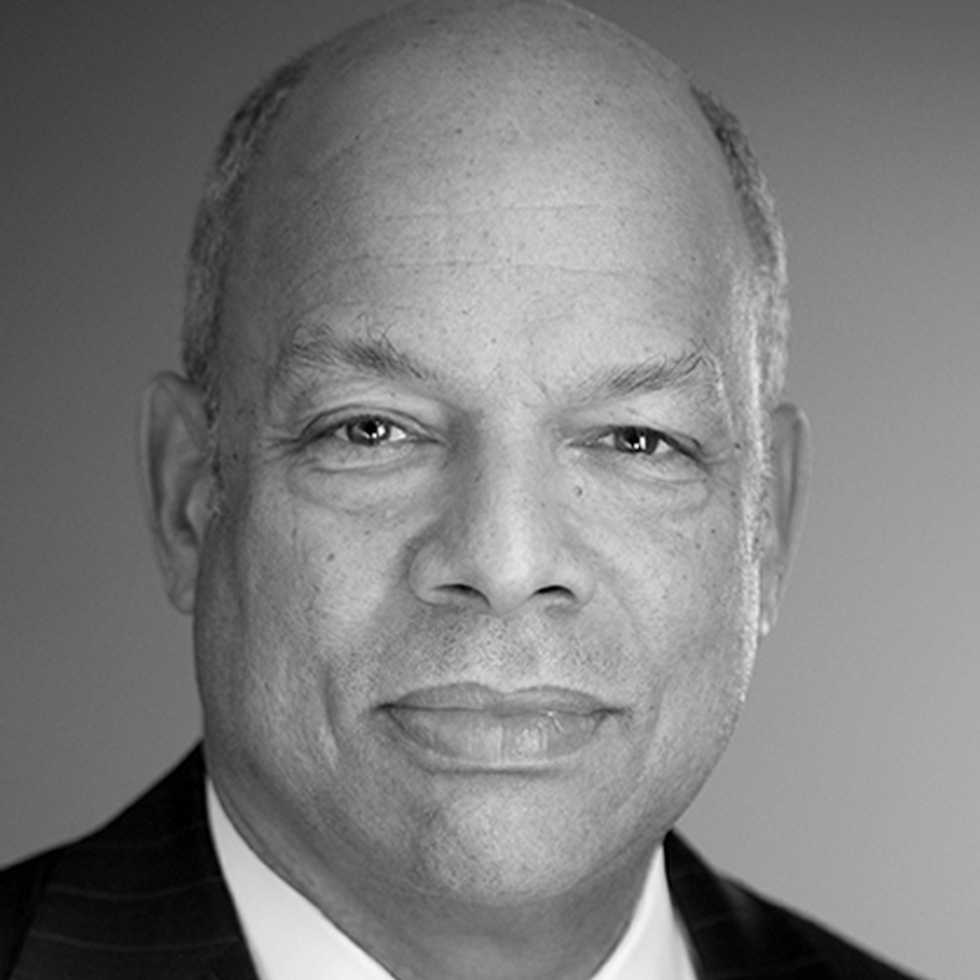
Partner, Paul, Weiss, Rifkind, Wharton & Garrison LLP; former Secretary of Homeland Security (2013 - 2017)
Albert Bourla

CEO, Pfizer
Noubar Afeyan
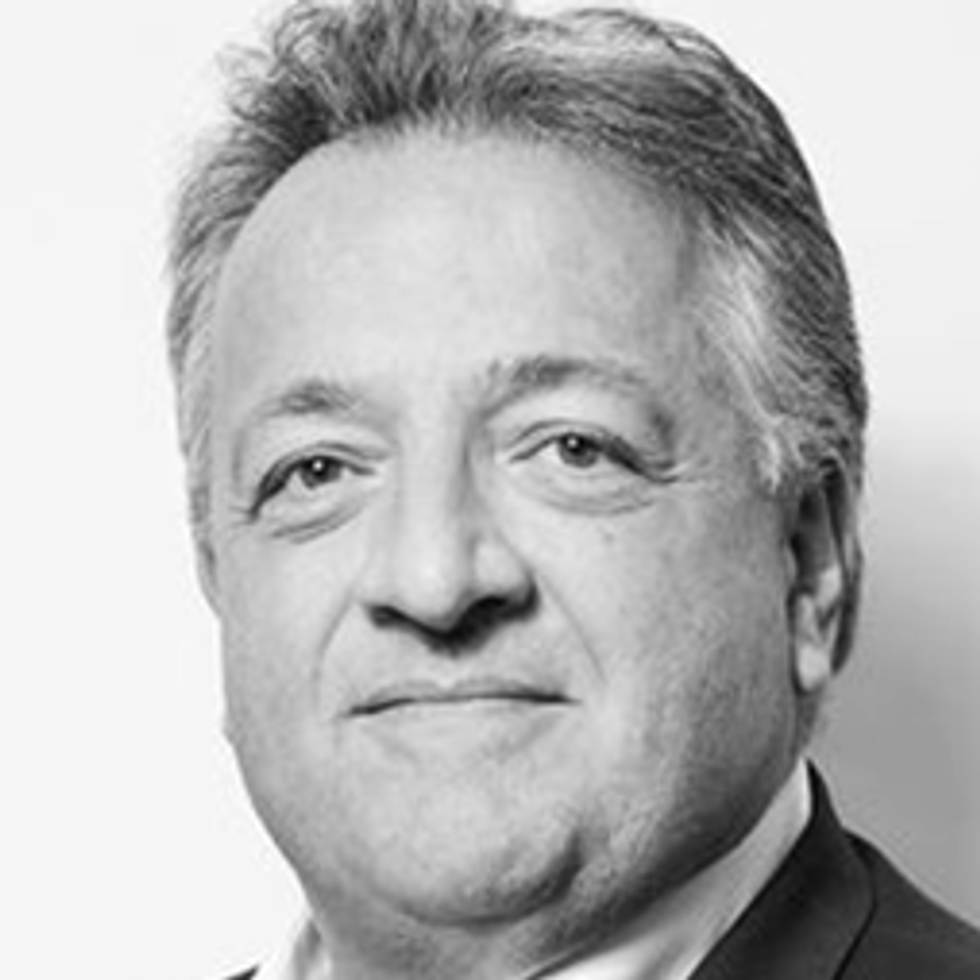
President & Founder, Flagship Pioneering
Ian Bremmer

President & Founder, Eurasia Group and GZERO Media
Additional speakers include:
- Junaid Bajwa, Chief Medical Scientist, Microsoft
- Matt Hancock, UK Health Secretary
- James Stavridis, Admiral, USN (Ret), former Supreme Allied Commander at NATO
- Sundar Raman, President, Global Home Care and P&G Professional, Procter & Gamble
- Greg Behar, CEO, Nestle Health Sciences
This event is produced by GZERO Media in partnership with Flagship Pioneering. We thank our event partners, Partnership for a Healthier America and Medtronic.
Register to join: two-day event on health beyond the pandemic
As the world works toward a post-pandemic state, join GZERO Media on June 8 and 9 for a two-part live event on health security, in partnership with Flagship Pioneering (which founded Moderna).
Days before this year's G7 meeting, we will bring political leaders and policy makers together with health experts and scientists to discuss lessons learned from and the latest innovations to preempt both COVID-19 variants and future infectious disease pandemics. The virtual event will be hosted by Noubar Afeyan, founder & CEO of Flagship Pioneering, and Ian Bremmer, president and founder of Eurasia Group and GZERO Media.
Attendance is free and open to the public. Please register to attend.
Tuesday, June 8, 2021 | 11 AM - 12:30 PM ET
- Beyond the Pandemic: A Radical New Approach to Health Security: As the world emerges from the COVID-19 pandemic, what are the lessons learned and how can we use them to not only prepare for, but also preempt the next pandemic? On day one, speakers will discuss new and powerful ways to combat the wide range of threats to our health, including preventing variants and future infectious disease pandemics, and tackling 'slow-burn' pandemics such as obesity and chronic disease. CNBC's Meg Tirrell will moderate the conversation.
Wednesday, June 9, 2021 | 11 AM - 12:30 PM ET
Additional speakers include:
- Kyriakos Mitsotakis, Prime Minister of Greece
- Kristalina Georgieva, Managing Director, International Monetary Fund
- Stéphane Bancel, CEO, Moderna Therapeutics
- Albert Bourla, CEO, Pfizer
- Geoff Martha, Chairman & CEO, Medtronic
- Nancy Roman, President and CEO, Partnership for a Healthier America
- Paul Farmer, Professor, Harvard Medical School; Co-founder, Partners In Health
- Agnes Binagwaho, Vice Chancellor, University of Global Health Equity
- Sally Davies, GCB DBE, Master of Trinity College
- Junaid Bajwa, Chief Medical Scientist, Microsoft
- Gargee Ghosh, President, Global Policy & Advocacy, Gates Foundation
- Laurie Garrett, Pulitzer Prize-winning journalist
- Amitabh Chandra, Professor, Director of Health Policy Research at the Harvard Kennedy School
- Matt Hancock, UK Health Secretary
- James Stavridis, Admiral, USN (Ret), former Supreme Allied Commander at NATO
- Jeh Johnson, Partner, Paul, Weiss, Rifkind, Wharton & Garrison LLP; former Secretary of Homeland Security (2013 - 2017)
- Sundar Raman, President, Global Home Care and P&G Professional, Procter & Gamble
- Greg Behar, CEO, Nestle Health Sciences
This event is produced by GZERO Media in partnership with Flagship Pioneering. We thank our event partners, Partnership for a Healthier America and Medtronic.
Podcast: Vaccine nationalism risks prolonging pandemic, according to Chief Scientist, WHO
Listen: Soumya Swaminathan calls for a massive increase in the global vaccine supply in order to prevent the rise of more dangerous and vaccine-evading super-variants, in a wide-ranging interview with Ian Bremmer on the GZERO World podcast. Dr. Swaminathan, Chief Scientist at the World Health Organization, argues that vaccine nationalism, where countries prioritize their own citizens ahead of the rest of the world, will only prolong the pandemic because a virus does not stop at any national border. She also weighs in on a controversial new WHO report investigating the origins of COVID-19 and discusses when she thinks the world's children should get vaccinated. In addition, she suggests we may see alternative vaccine forms, like nasal sprays, sooner than we think.
Subscribe to the GZERO World Podcast on Apple Podcasts, Spotify, Stitcher, or your preferred podcast platform to receive new episodes as soon as they're published.Newer, better COVID-19 vaccines on the horizon: is a nasal spray coming?
Nasal sprays, oral vaccines, and other new types of COVID-19 vaccines may be ready soon, according to Dr. Soumya Swaminathan, Chief Scientist at the World Health Organization. She previews some of these needle-less vaccines and notes that the possibility of being able to store vaccines at room temperature could be a game-changer for vaccinating poorer nations. The advantage of nasal sprays, she explains, is that they "would generate local mucosal immunity in addition to systemic immunity." Dr. Swaminathan's conversation with Ian Bremmer is featured on the latest episode of GZERO World, airing on US public television stations starting this Friday, April 9. Check local listings.
Bill Maher is wrong on China
Ian Bremmer's Quick Take:
Happy Monday, everybody. Ian Bremmer here, I've got your Quick Take to start off the week. And today I thought I would address the question, has China won? My friend Bill Maher made news in his always fun and entertaining and quite enjoyable show with a serious rant this past Friday, saying that "we're not a serious people in the United States, we can't do anything, we can't build anything, while China builds their economy and takes over the world. We lost. We just don't know it yet." Here, take a look.
Bill Maher: In two generations, China has built 500 entire cities from scratch. Moved the majority of their huge population from poverty to the middle class, and mostly cornered the market in 5G and pharmaceuticals. It's got to be something between authoritarian government that tells everyone what to do, and a representative government that can't do anything at all.
Now I got to say this, lots of good stuff in there and it's worth a watch, but I don't agree. And yes, I will say so next time I'm on the show.
China's rise is extraordinary. It's now the second largest economy in the world. China is on track to surpass the US economy now in 2028. Though, that's going to push back by at least a couple of years after this year, when the United States grows by probably 8% and China grows by 5% or a little bit less. They're a tech superpower, in relatively short order in some areas of technology, even on parity with that of the United States. But they're still a poor country, quite a poor country. The average income in China just over $10,000, in the United States it's over $50,000. The Chinese market is closed. They don't allow people to get capital out. And the reason for that is because there would be a lot of capital flight for Chinese investors and Chinese people with cash, that understand that the level of uncertainty of what happens to your money in a country like China, a closed economy, is vastly greater, and therefore unsafe, for you for your children for your future, than in an open economy like the United States.
Now, it's certainly true that China builds faster. They invest massively in infrastructure. Anyone that's been to China, and has been there repeatedly, sees how incredibly the landscape has been changing. Top-down, state directed investment. Yes, it's inefficient, but it moves. And it moves on the back of Chinese labor. It moves on the back of the Chinese government driving that strategy. I'd also note that the average building in China, life expectancy of that building before it falls apart, needs to be destroyed and you need to build another one, is about 35 years on average. It's more than double that in the United States. Quality of build, intrinsic corruption, mismanagement, matters a lot in a country that continues to be, yeah, that poor.
Now also keep in mind that after decades of not spending enough in the United States on our own infrastructure, that is about to change. I would make a very strong call that this year, on the back of the $1.9 trillion of relief and stimulus that we've just approved in the United States, on the back of $4 trillion last year responding to coronavirus. Put that together, it's by far the most effective wide reaching economic response of any major economy in the world. The US will also do another $2 or $3 trillion later this year. And if you're worried about the deficit, look, the fact that the United States has been under investing in human capital and infrastructure means we should do that with the world's reserve currency and with low interest rates and with human capital that's very well-educated on average, but has been under invested in. That's going to make a difference.
Further, coming out of coronavirus, best vaccines in the world, most effective new technologies, Moderna and Pfizer. The Chinese also have vaccines that they're rolling out. If you had to take them and you didn't have access to Moderna and Pfizer, you would take them. It looks like they are safe, but they are not as good. And the fact that the Chinese are now saying that they will expedite Hong Kong travel to the mainland if you've taken Chinese vaccines, but not if you've taken the more effective Moderna or Pfizer vaccines, that's not the kind of thing a country does when it's winning.
The Americans have by far the best universities in the world, dominate the league tables. Tsinghua in Beijing will soon enter the world leagues in terms of top universities in the world. And that's really impressive for a country that is as poor as China, but that's it. No other Chinese universities are close. And that's why Chinese families are willing to pay absolutely top rate to send their kids to second and third and fourth tier American universities, because it gives them a shot. Those are the best places to create opportunity in the future. China produces a lot more AI scientists than the United States, and the best of them desperately want to work in American technology companies. They'll make more, the entrepreneurship is there, that's where they can best assure their future.
I mean, I look at even something as simple as air quality. Beijing today, bringing in at 999 air quality index is like through the charts, staggering. Unhealthy to raise your kids in an urban environment like that. New York city today is 26. Because China, a poor country, still has to rely on so much dirty coal to produce their electricity. The United States, we don't. I mean, are there any Americans trying to get out of the US and desperate to live in China? No. While if you're Chinese and you had the opportunity to come to the United States, even though the American political system is deeply flawed, you still really want to be able to come to the US.
I can go on and on. Look, the United States is not the poster child for good governance these days. I've said it before, I will say it again, no one outside the US is looking at the US and saying, "My God, that is the ideal for the way I would want my government, my political system to work." No one's saying that. And in 1989, when the wall came down, a lot of people said that, and that is an embarrassment for the United States. It's something that is deeply flawed, and we need to spend a lot of time working on before we tell other countries how to run themselves. Our political divisions are horrific. The system has sclerosis. The regulatory environment is frequently captured by special interests, against the interest of average American citizens. We need to fix this. We're not fixing this. And as I said, China will become the largest economy in the world. They have 1.4 billion people compared to 400 million in the United States. I mean, it's not all that surprising, but to say that China has won, is emotional. It's not reality. USA.
That's it for this week, be safe and increasingly avoid fewer people. We're getting there.
A shot in the arm: Moderna’s co-founder on the COVID-19 vaccine
The pandemic's US death toll shows no signs of abating and the holiday season's spike will likely dwarf any surge that came before it. But in the midst of this dark winter there are glimmers of hope, as the first of the COVID-19 vaccines have nearly arrived (or, depending on when you read this, already have). On GZERO World, Ian Bremmer interviews Noubar Afeyan, the co-founder of a leading vaccine developer Moderna. They'll discuss distribution plans, the revolutionary science behind Moderna's vaccine, and how a company younger than Twitter became a frontrunner in the race to end the pandemic.


